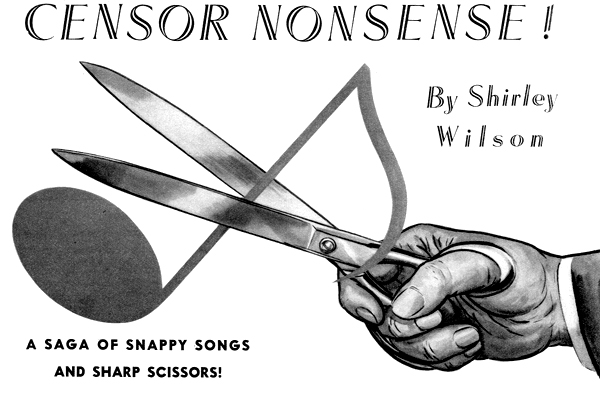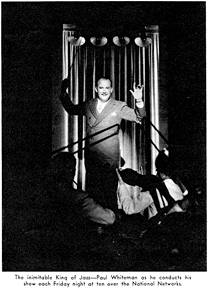Elsa Lanchester, who was born 113 years ago today, enjoyed a long and varied career in show business, but she’s so strongly associated with her role in The Bride of Frankenstein (1935) that we wonder if she ever got tired of being asked about it.
We suspect she did.
Born in London to “bohemian” parents, she studied dance as a child with Isadora Duncan (we wonder if she encountered young Preston Sturges, whose mother was bosom buddies with Duncan during those years) and eventually began to work in cabaret and the theatre.
Her unconventional marriage with Charles Laughton began in 1929 and lasted until his death in 1962; the pair were to appear in 12 movies and a great many theatrical productions together.
Though most people immediately think of her role as the Bride when the name Elsa Lanchester is mentioned, she enjoyed an impressive and lengthy motion career, appearing in The Private Life of Henry VIII (1933), David Copperfield (1935), The Spiral Staircase (1945), The Razor’s Edge (1946), The Bishop’s Wife (1947), The Big Clock (1948), Mary Poppins (1964), and Murder By Death (1976); she even appeared in an Elvis Presley picture: Easy Come, Easy Go (1967). Lanchester was nominated twice for the Academy Award for Best Supporting Actress for Come to the Stable (1949) and Witness for the Prosecution (1957).
Lanchester also worked frequently on television, appearing as a guest star on programs such as I Love Lucy, The Alfred Hitchcock Hour and The Man from U.N.C.L.E.
Elsa Lanchester died at age 84 in Woodland Hills, California, on the day after Christmas, 1986.
Happy birthday, Ms. Lanchester, wherever you may be!


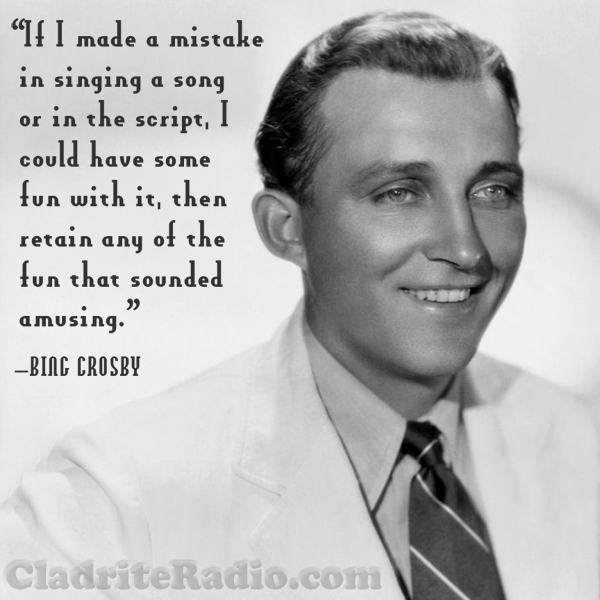
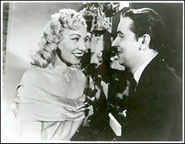
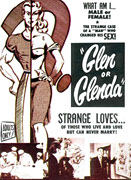
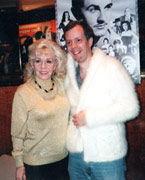
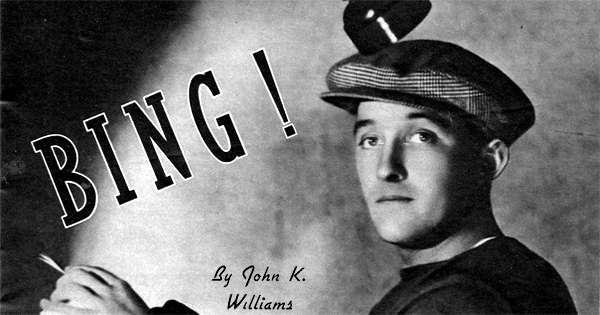
 Bing Crosby will tell you that he is the laziest man in the United States, but it is doubtful if a more ambitious and energetic person ever fought his way to the pinnacles of success.
Bing Crosby will tell you that he is the laziest man in the United States, but it is doubtful if a more ambitious and energetic person ever fought his way to the pinnacles of success.